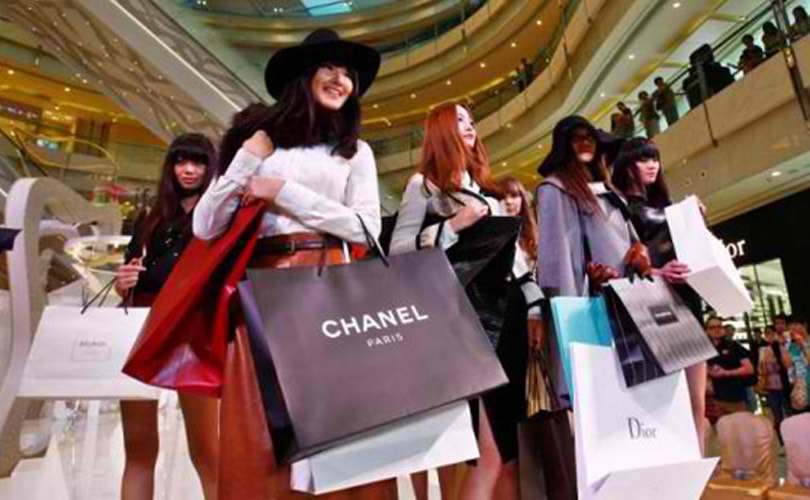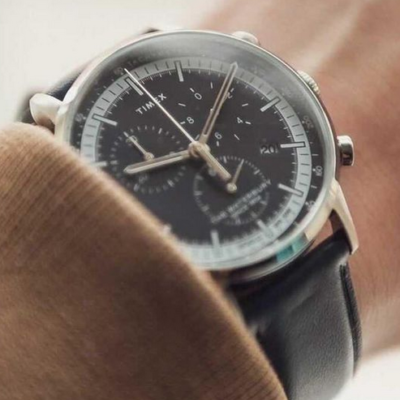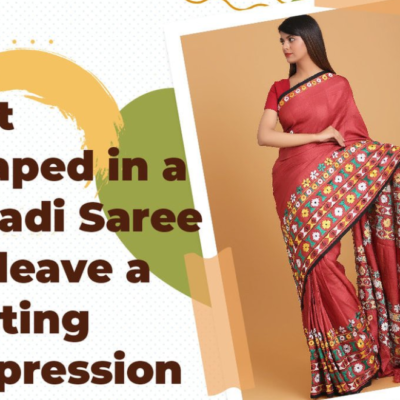In 2019, the value of the personal luxury goods market worldwide was 281 billion euros. The global luxury goods industry, which includes drinks, fashion, cosmetics, fragrances, watches, jewelry, luggage, and handbags, has been on an upward climb until the advent of COVID-19.
The novel coronavirus disease is tightening its grip on the entire world. It is proving to be a huge impediment for the industries around the world, with an intense dent in the luxury fashion market. Will luxury fashion continue to be the way it was before the crisis? Will people around the globe still look forward to buying unique pieces from their favorite brands? Will luxury mean the same anymore?
The answer is yet to be discovered but predictions reveal that the luxury fashion market is to undergo a revolution, the one like never seen before. Changing customer preferences will lead to a change in trends and revision of prices. Moreover, the surge in demand for face masks amid these crises might lead to a whole new segment for the fashion companies.

Big luxury retailers Dior, Louis Vuitton, Prada among others have been seen extending incredible support to the world in the fight against COVID-19. From converting their affluent ateliers to produce face masks, scrubs, etc. to standing beside their workers in these unprecedented times, they are doing their best.
COVID-19 has put a difficult challenge in front of the high- end brands. They are struggling to sustain their patronage and maintain their dignity. Italy, the fashion hub of the world, remains one of the most hardest-hit countries by coronavirus. Consequently, multiple luxury retailers were forced to halt their operations and shut their stores leading to plummeted sales.
Not just it, the luxury groups like Kering and Capri Holdings have been experiencing a plunge as low as 50% in their share prices since a long time now.
So what stays in the future of the luxury business? Let’s have a look at some of the major changes that the industry might experience.
Increasing Affordability:
Luxury means unique, luxury means status and luxury means expensive. It is not what everyone can afford to buy. But, it seems as if the meaning of luxury is going to take a turn. With the prevailing situation of job losses and economic crisis, the luxury retailers might be forced to cut down their prices in order to sustain the business. In a time where people are struggling to stay employed, luxury shopping is the first thing that takes a back seat. Therefore, it is predicted that luxury retailers might go down the affordability road.
Expanding Online Reach:

People around the world have changed their perspective towards eCommerce. With the advent of the deadly disease, they are forced to believe that online is a safer option than physical formats. Once considered something that only millennials would prefer, it is now getting attention from every age group. As a result of this new trend, many companies have started increasing their presence on social media. Luxury brands Chanel recently hosted a virtual musical show for its audience on its social media accounts to keep them engaged with the brand.
Resuscitation of China:
China was among the major buyers of luxury products in the world. As the disease spread through the streets of the country, it took down the luxury business along. With the stores staying shut since December 2019, the luxury retailers have experienced nadir in demand. On the other hand, china plays a significant role in the manufacturing of these products, hence, hitting the luxury market from both sides. Hence, the revival of the Chinese markets is pivotal to the luxury segment’s growth.
Stringent Safety Policies:
People are threatened by the disease from all walks of life, ensuing intense safety and hygiene measures in stores. To attract customers to brick and mortar stores, retailers will have to resort to stringent safety measures. Following the government guidelines on the prevention of COVID-19, the stores would have to work with half of the workforce and with proper sanitization.
Virtual Fashion Weeks:

The widespread of the coronavirus disease led to the cancellation or postponement of awaited fashion weeks this year. As a result, celebrated designer Giorgio Armani pioneered his way to host a virtual fashion show, showcasing the brand’s latest collection. Moreover, the infamous fashion weeks might experience a digital twist in the near future, as the customers become more sustainable, rethinking their buying decisions.
Although, some experts believe that luxury is not a mere want for some people but constitutes a major part of their lifestyle. Therefore, the luxury market would not lose its charm but might take its time to bounce back.





